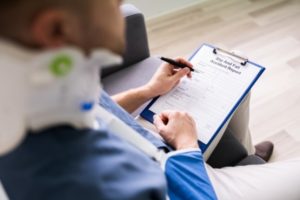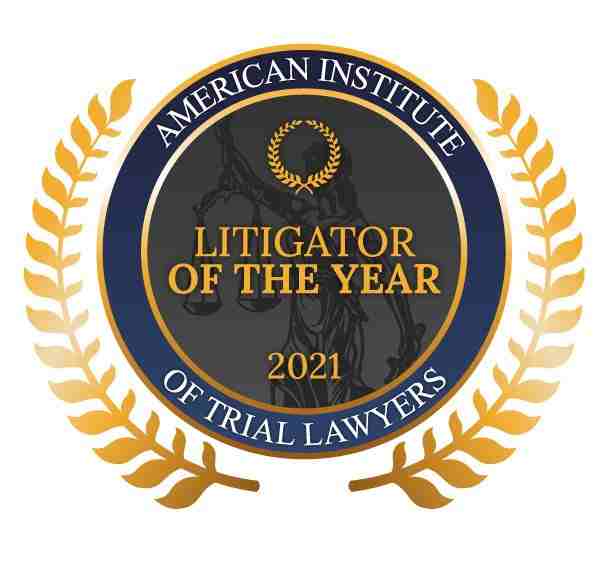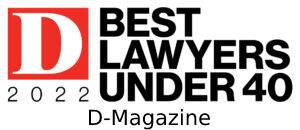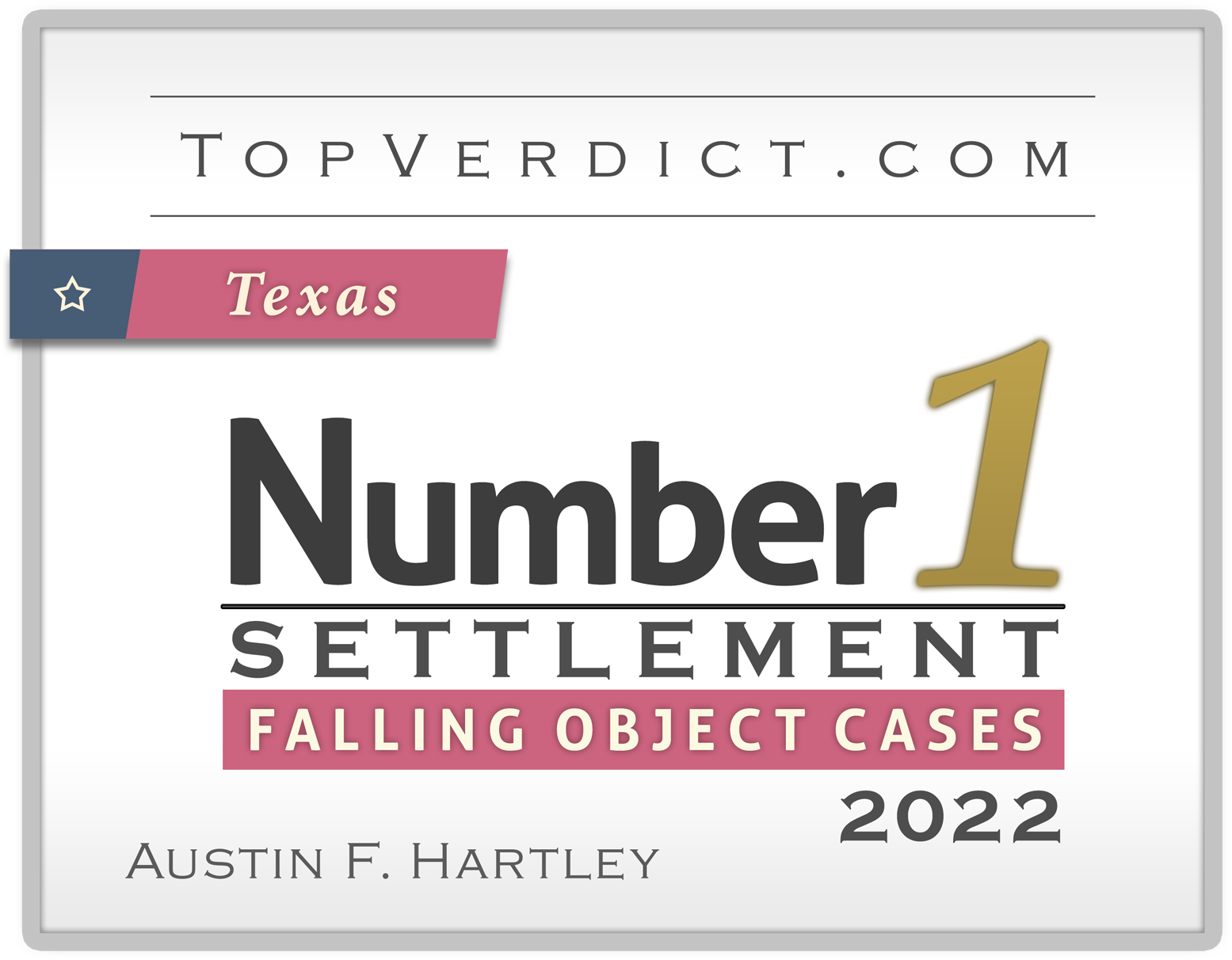Dedicated Plano Slip and Fall Attorneys Ready To Fight For You

What Is Premise Liability?
In Texas, injuries arising from a condition on property (e.g., bars, retail stores, apartments, etc.) can only be redressed via a legal claim of premise liability. In general, premise liability establishes the duties owed by an owner or occupier of the land to individuals who come onto that land. Plano slip and fall lawyers are experienced in representing a wide range of injuries caused by unreasonably dangerous conditions or activities on another’s property.
Unlike ordinary negligence, premise liability does not require the injury to have resulted from an activity. Instead, it typically results from a condition created by a past activity that is no longer ongoing. For example, Texas courts have held that recourse for injuries sustained from Wal-Mart employees dropping boxes on customers’ heads properly lie in an action for negligence and not premise liability. In contrast, a customer slipping on partially melted ice in front of a self-service soft drink dispenser could properly be the basis of a premises liability claim.
Who Can Sue For Premise Liability?
In Texas, the status of the plaintiff determines the scope of the landowner/occupier’s duty. Texas law recognizes, and Plano slip and fall attorneys represent, three distinct categories of plaintiffs: invitees, licensees, and trespassers.
Invitees
An invitee is an individual who is on the premises at the express or implied request of the landowner/occupier. An invitee has entered the premises as either a member of the public or for a purpose connected with a business of the landowner/occupier. Invitees are typically on the premises for the mutual benefit of themselves and the landowner/occupier. An example of an invitee is a customer in a grocery store, movie theater, carnival, or any other place of business open to the public.
Landowners/occupiers have a duty to protect invitees from dangerous conditions arising from their control of the premises. Injured invites bringing a claim for premise liability must show:
a. A condition on the premise created an unreasonable risk of harm;
b. The landowner/occupier knew or should have known of the danger; and
c. The landowner/occupier failed to exercise reasonable care to remedy the danger or adequately warn of its presence.
Plaintiffs must also show the failure to warn or safeguard the premises was the proximate cause of the injury.
Licensees
A licensee is an individual who is on the premises of another merely by permission. Unlike an invitee, there is no express or implied invitation. An example of a licensee would be a social guest attending a private party on the premises of a landowner/occupier host.
Landowners/occupiers only owe licensees a duty to warn of or make safe known dangerous conditions, and to refrain from willful, wanton, or grossly negligent conduct. Injured licensees bringing a claim for premise liability must show:
a. A condition on the premise created an unreasonable risk of harm;
b. The landowner/occupier had actual knowledge of the danger; and
d. The landowner/occupier failed to exercise reasonable care to remedy the danger or adequately warn of its presence.
Like invitees, injured licensees must demonstrate that the landowner/occupier’s failure to exercise due care proximately caused their injuries.
Trespassers
A trespasser is an individual who is on the premises but has no permission, authority, or any other right to enter. Trespassers are not on the property to further any interest of the landowner/occupier. Instead, they are there only for their own purposes, pleasure, convenience, or curiosity. For entry onto land to constitute a trespass, the landowner/occupier must not have induced, enticed, or otherwise provided any assurance of safety.
An example of a trespasser would be one who breaks into the home of another. However, invitees and licensees can also become trespassers when they exceed the scope of their permission. For example, a grocery store customer could become a trespasser if they decided to stop shopping and instead hang out in the employee break room.
Generally, landowners/occupiers owe no duty to trespassers. However, Texas has several exceptions. First, landowners cannot intentionally injure a trespasser. Second, they must exercise reasonable care for known trespassers. Third, they must exercise reasonable care with respect to minors under 14 and “attractive nuisances.” An example of an attractive nuisance might be a backyard swimming pool and water slide in a neighborhood of small children. If your child was injured in a neighbor’s unattended swimming pool, an experienced Plano slip and fall lawyer can help you understand your options.
Common Causes of Slip and Fall Accidents
Anything could cause someone to slip and fall unexpectedly. However, there are common causes of most slip and fall accidents.
Wet and Uneven Walking Surfaces
The most common cause of slip and fall accidents is wet and uneven walking surfaces. This danger exists when walking through your neighborhood or shopping in a grocery store. Common examples of wet and uneven surfaces include:
- Loose floorboards,
- Torn carpeting,
- Freshly waxed or mopped floors,
- Defective sidewalks, and
- Cluttered floors.
These types of dangers may even exist in your own home. Therefore, whenever you experience this environment, take extra steps to ensure your safety if at all possible.
Weather
In areas where extreme weather occurs, people slip every day walking outside due to freezing temperatures. Building owners are responsible for shoveling sidewalks, plowing streets, and salting walkways to avoid these perils.
Stray Cords or Wires
When strolling on the sidewalk, construction projects may be occurring nearby. In these situations, stray cords or wires may cross the sidewalk, increasing the risk of tripping those passing through. Construction companies should take precautions to post warnings and take appropriate safety measures to avoid accidents.
Poor Lighting
Poor lighting throughout buildings and sidewalks is a common cause of slip and fall accidents. Employers and building owners must properly illuminate walkways, stairways, and staircases to avoid these accidents.
Broken or Damaged Handrails
When individuals walk on sidewalks or stairwells and rely on faulty handrails for balance, this may result in a slip and fall accident. If you fall on someone’s property due to faulty or absent handrails, you may have a claim against the building owner for your injuries.
What to Do After a Slip and Fall Accident
Besides contacting a Plano premises liability legal practitioner to review the facts of your case, you should take other steps immediately following your slip and fall accident, including:
- Reporting the accident to the owner of the premises and making sure to document the accident properly;
- Requesting an incident report and obtaining a copy;
- Taking note of specific facts surrounding the accident, including the date, time, and witnesses;
- Obtaining witness contact information, if possible; and
- Seeking medical attention as soon as possible.
The sooner you contact a Plano premises liability attorney after a slip and fall accident, the better your chances of recovery. The facts and circumstances remain fresh in your mind, as well as those memories of any witnesses. This type of information serves as helpful information in your slip and fall lawsuit.
What Can I Recover After a Slip And Fall Accident?
When you seek recovery for your injuries in a slip and fall accident, your Plano premises liability lawyer can help you obtain compensatory damages. Compensatory damages aim to put you in the same position you would have been in had the accident not occurred. Examples of compensatory damages include the following:
- Medical expenses,
- Loss of earnings,
- Loss of future profits,
- Pain and suffering,
- Emotional distress,
- Disability,
- Reduced earning capacity, and
- Loss of enjoyment of life.
Though rare, in some situations, you may be able to seek punitive damages. Punitive damages intended to punish the defendant for the fraud, malice, or gross negligence of their wrongdoing. Punitive damages also serve as a deterrent against future similar conduct.
What Is the Statute of Limitations?
It is important that you do not wait too long to begin your claim. The statute of limitations sets the maximum time period after an event within which legal proceedings may be initiated. In Texas, you have only two years from the date the accident occurred. If you miss the period to file your claim, you may have to cover the costs of your medical treatment, income loss, and physical rehabilitation yourself.
While the statute of limitations provides the deadline for initiating a claim in court, keep in mind that your case need not be resolved during this time. You can continue to negotiate after filing your claim. If your statute of limitations nears its expiration date, it’s important to file a lawsuit even if you think you are making progress in negotiations. That way, you don’t compromise any chance of recovery through the court. Many initial settlement discussions may fall through or remain unresolved. Therefore, it’s important to always keep your options open.
Contact Us
Don’t wait to pursue legal action against negligent property owners. The Plano slip and fall attorneys at Hartley Law Firm works hard to help you get the compensation you deserve. It’s essential to act quickly, so contact our office immediately to receive a free consultation. In a slip and fall case, the Hartley Law Firm understands the evidence needed to build a strong case on your behalf. Please don’t wait to contact our firm. We provide reputable legal services that prioritize our clients’ needs to help you achieve the best results. Slip and fall cases represent a complex area of premises liability. You may be feeling overwhelmed as to what to do next. Leave it up to us to help you navigate through the recovery process.
At Hartley Law Firm, our experienced lawyers accept injury cases involving:
Call or email us today for a free case review!








